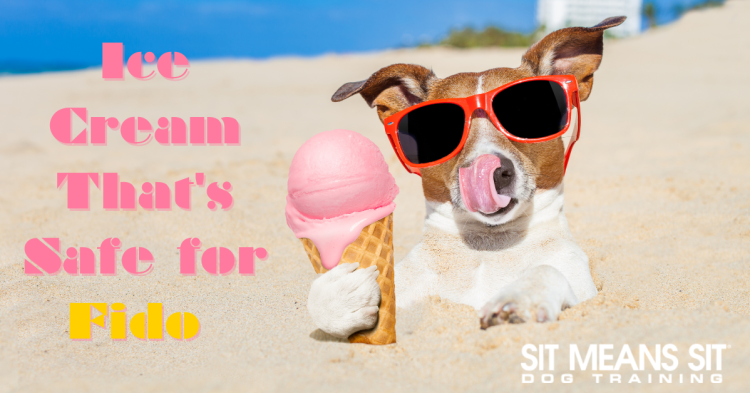The Perennial Pleasure of Ice Cream: A Canine Conundrum
There resides a universal allure in the frosty sweetness of ice cream, a classic reprieve from the searing embrace of summer days. Yet, as our canine companions observe with piqued interest, one ponders the safety of sharing this chilled delicacy with them.
Canine Health and Ice Cream: A Delicate Matter
- As enchanting as it is to treat our dogs, ice cream should not become a staple of their diet. An infrequent spoonful of vanilla or mango sorbet may appear benign, yet regularly beckoning your dog with this creamy dessert is ill-advised.
- The canine constitution, once past puppyhood, is not primed for lactose digestion. While their mammalian roots allow for the consumption of milk in their youth, adult dogs frequently grapple with dairy, manifesting discomfort through bloating, gaseous maladies, diarrheal distress, and emesis. Those with preexisting conditions such as diabetes or prone to weight gain should eschew ice cream entirely.
- Lurking within ice cream’s sweet visage is a high sugar quotient, detrimental to canines. Even “sugar-free” variants pose risks, as xylitol—a common sugar substitute—is perilously toxic to our four-legged friends. Tempting flavors may harbor hidden dangers. Chocolate’s theobromine is indigestible to dogs, while caffeine in coffee and green tea varieties spells hazard. Further, grapes and raisins, seemingly innocent, can precipitate acute renal failure even in modest amounts. And while macadamia nuts’ specific threat to canines remains a mystery, they, alongside pecans, walnuts, and almonds, with their hefty fat content, are best avoided.
Provisioning Ice Cream for Pooches: A How-To
- Should you decide to indulge your dog with ice cream, opt for fruit-infused or plain vanilla varieties and commence with a modest serving size. Gauge your dog’s tolerance with vigilance; gastrointestinal objections may manifest within a couple of hours.
- In the quest for a canine-approved cool treat, consider the crafting of homemade canine “ice cream” by blending bananas, peanut butter, and yogurt—a low-lactose alternative. Embellish this frozen delight with dog-friendly ingredients such as oats or apples.
- Vegan alternative “gourmet creams” and frozen yogurts are preferential for their reduced sugar and lactose content. Introduce these novel treats gradually, observing your dog’s response before continuing with larger portions.
Addressing Accidental Ice Cream Ingestion in Dogs
- If your dog partakes in ice cream without your consent, maintain composure and identify the flavor and quantity consumed. Absent of harmful ingredients, your dog may experience discomfort only temporarily. However, an increase in both outdoor excursions and vigilance is prudent.
- In the event of ingesting artificial sweeteners, macadamia nuts, coffee, chocolate, grapes, or raisins, the situation warrants immediate attention. Contacting animal poison control provides an imperative first step, yet do not hesitate to seek veterinary care swiftly.
In conclusion, while ice cream is innately unsuitable for dogs, the joys of summer can still be shared with delectable, dog-safe alternatives. Awareness of potentially perilous ingredients ensures the wellbeing of our cherished companions.























































